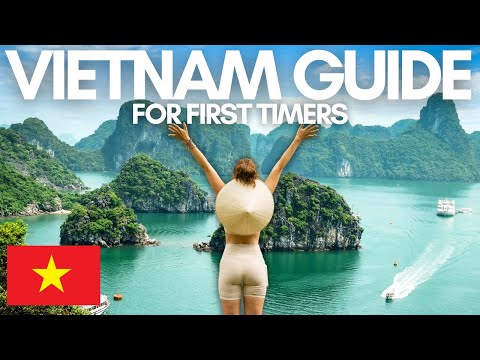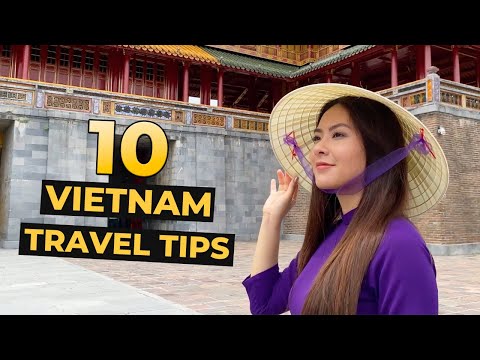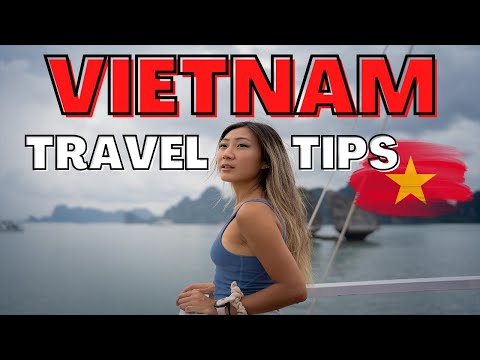10 Essential Things To Know About Vietnam Before Your Trip
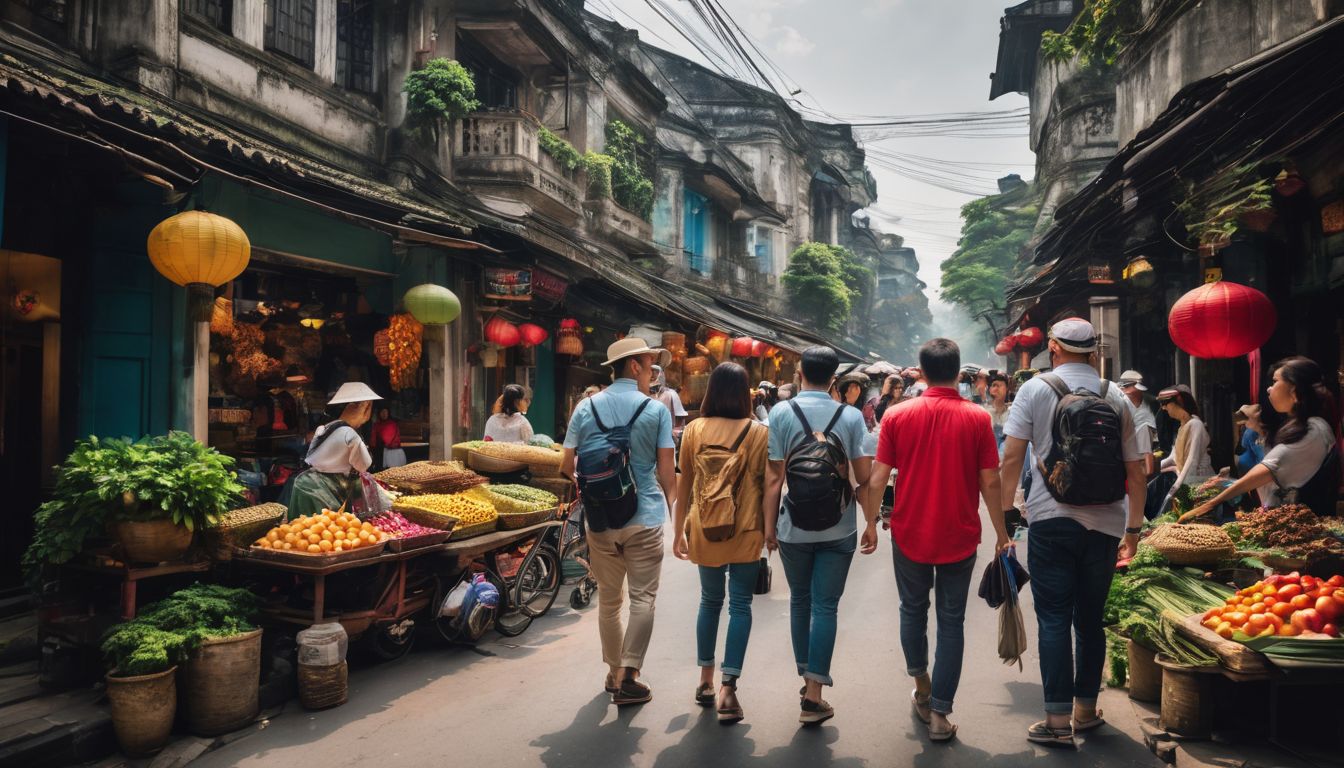
Planning a trip to Vietnam can be daunting with so many aspects to consider such as the climate, health preparations, transportation and more. With its diverse landscape from lush mountains to bustling cities, knowing what to pack can feel like a guessing game.
This article is your comprehensive guide covering 10 essential things you need to know about Vietnam before embarking on your journey. Read on – surprises are not always fun when traveling!
Key Takeaways
- Vietnam has three different climates, so pack clothes suitable for both warm and cool temperatures. Don’t forget a rain jacket!
- Research visa options before your trip to Vietnam to avoid any last – minute complications.
- Make sure you get the necessary vaccinations before traveling to Vietnam.
- Book your trip during non – peak seasons to avoid crowds and higher prices.
Climate and Weather
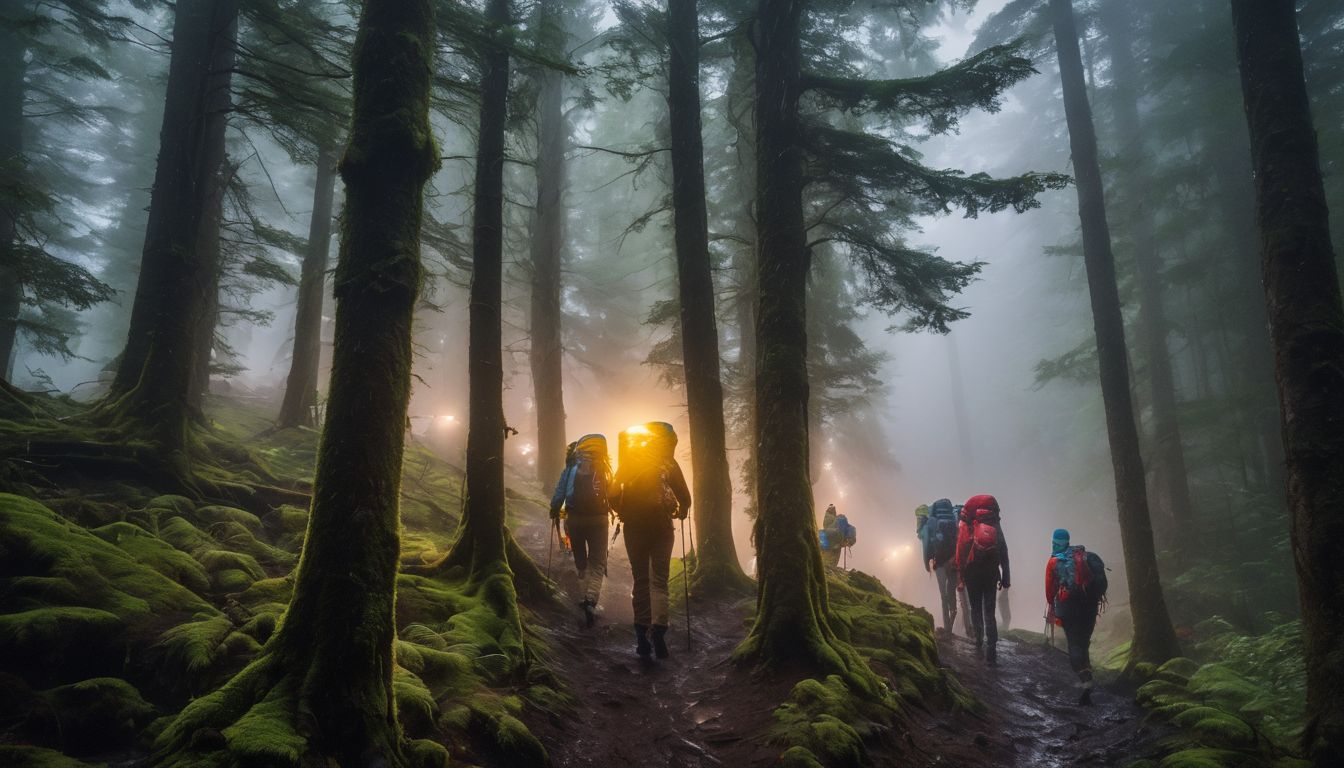
Be prepared for varying weather conditions during your trip to Vietnam. Pack accordingly with both warm and cool clothing to accommodate the fluctuating temperatures.
Pack accordingly
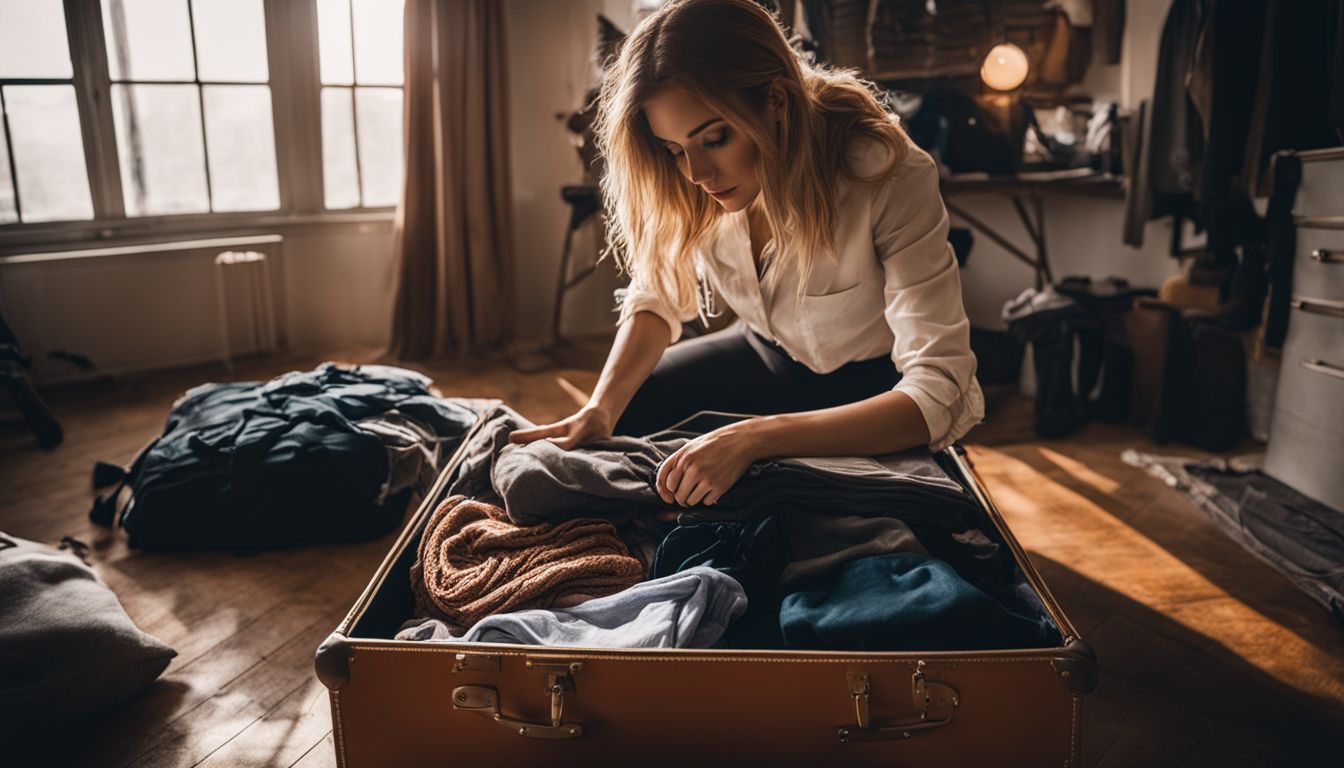 Vietnam’s weather changes a lot. There are three parts in Vietnam, each with its own climate. The south has hot and wet weather and the temperature is between 25 to 35 degrees Celsius all year long.
Vietnam’s weather changes a lot. There are three parts in Vietnam, each with its own climate. The south has hot and wet weather and the temperature is between 25 to 35 degrees Celsius all year long.
In the middle area, there are both dry summers and heavy rains during monsoon season. The north part gets cooler in winter times. To deal with this kind of weather, wear light clothes such as summer dresses that let air pass through easily.
Be prepared for rain
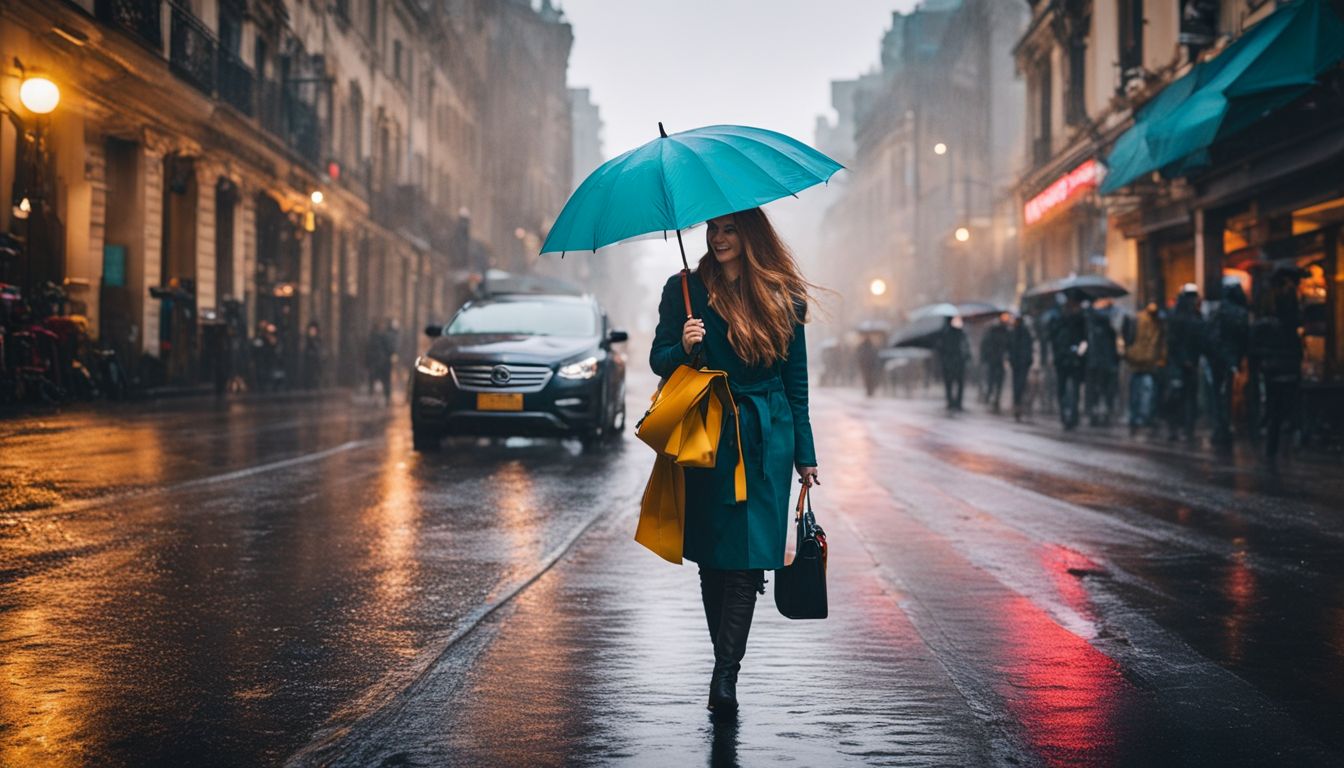
In Vietnam, rain showers happen a lot. There is a rainy season from September to February. This is especially true in cities like Huế. So, it’s smart to have a good rain jacket with you when you visit.
Sometimes the buses can get very cold too! Also, if you’re going up high mountains, they are often chilly so bring a warm layer as well.
Different parts of Vietnam get more or less rain depending on the time of year. The central and southern areas of Vietnam have dry and wet seasons. The dry stretch lasts from November to April and has mild sunny weather most days.
But there can also be stormy weather and lots of rainy days during the late wet season in Huế. It’s always best to check the weather forecast before your trip and plan what clothes to bring accordingly.
Visa Requirements
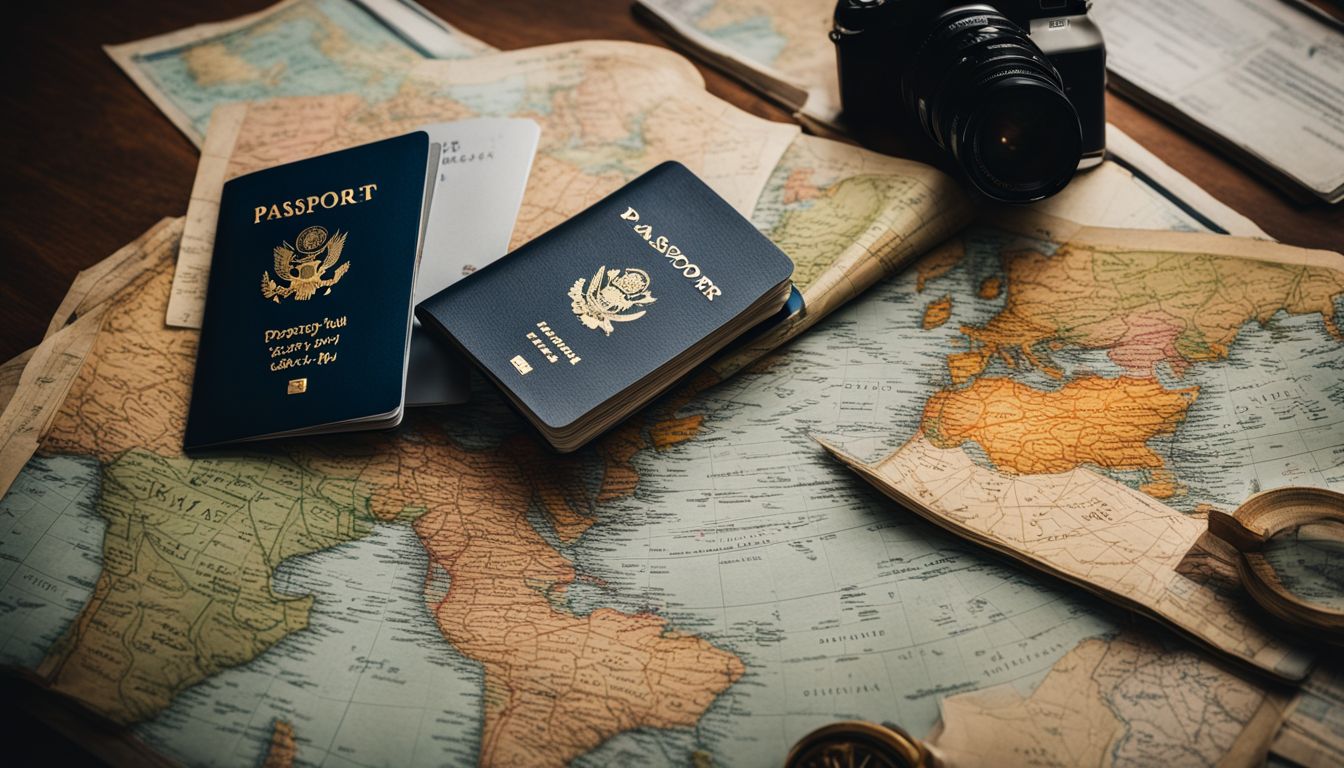
Research your visa options and plan ahead to avoid any last-minute complications.
Research options
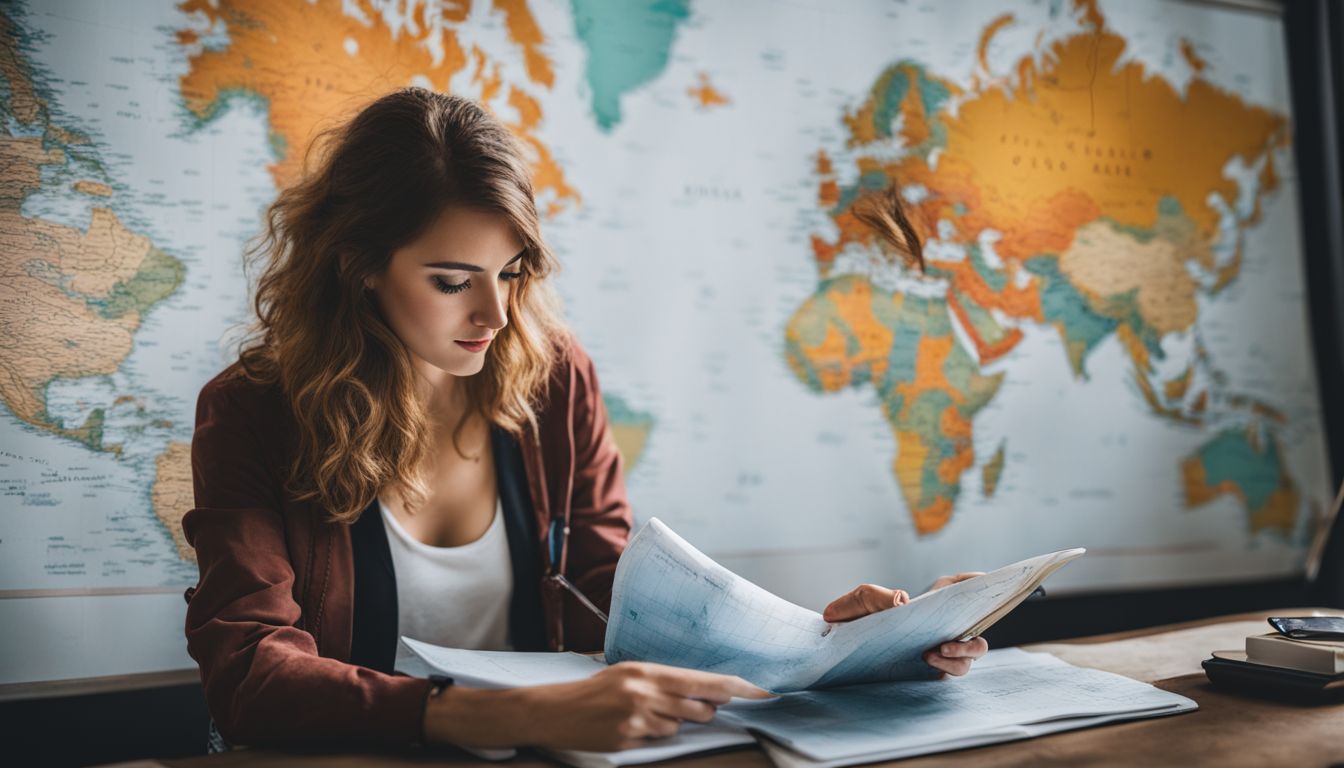
Look into different visa options before your trip. This is key to plan for Vietnam.
- Check out the 21 main types of visas based on your visit purpose.
- Find out about the right visa category for you.
- Look up visa requirements online.
- Try the e – visa application process.
- Learn about how to get an e – visa in a simple way.
- Make sure your purpose of travel fits with the visa type.
Plan ahead
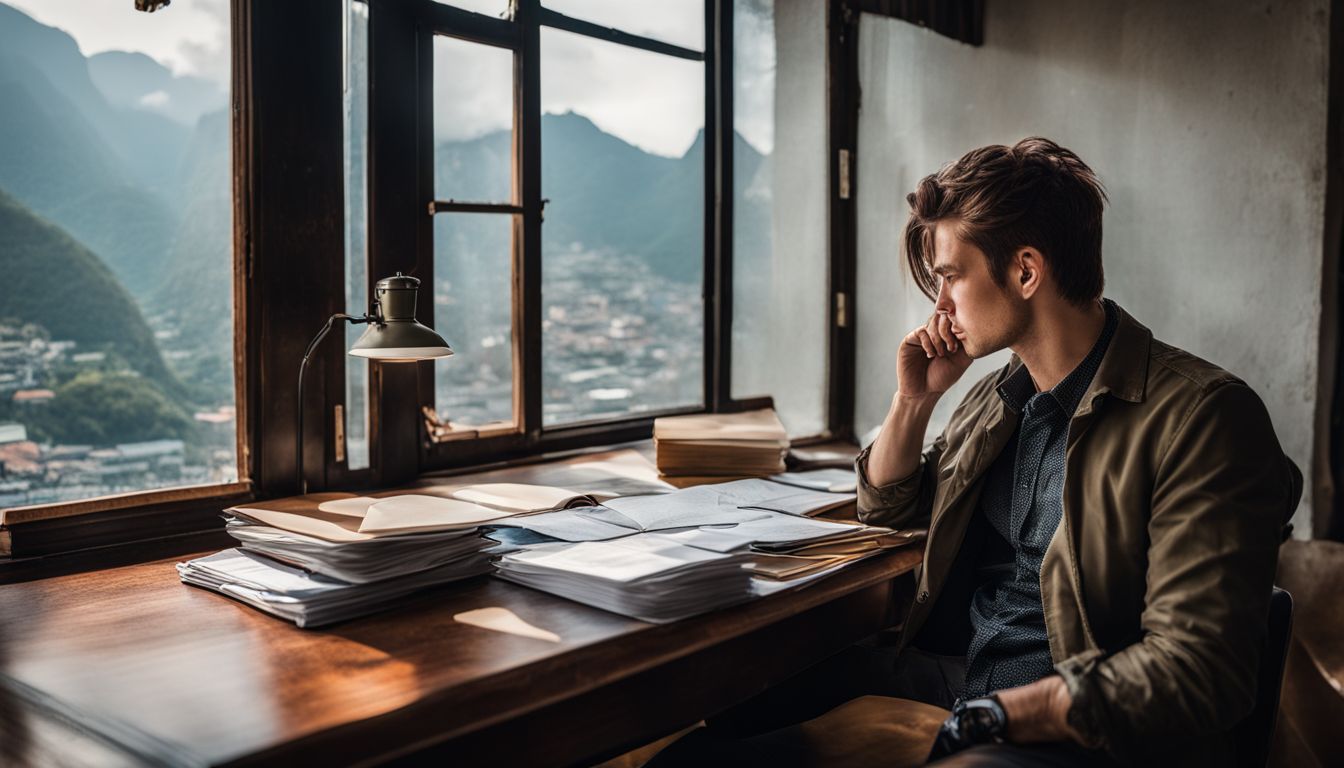
Planning ahead is crucial when it comes to traveling to Vietnam. One important aspect to consider is visa requirements. Before your trip, make sure you research the options and understand the visa application process.
It’s also a good idea to check for any recent updates on visa procedures or work permit regulations. Another thing to plan in advance is booking accommodations, especially during peak holiday periods like Tet festival.
By prebooking your stay, you can ensure that you have a place to stay and avoid last-minute stress. So, take the time to plan ahead and make your trip to Vietnam as smooth as possible!
Health Preparations
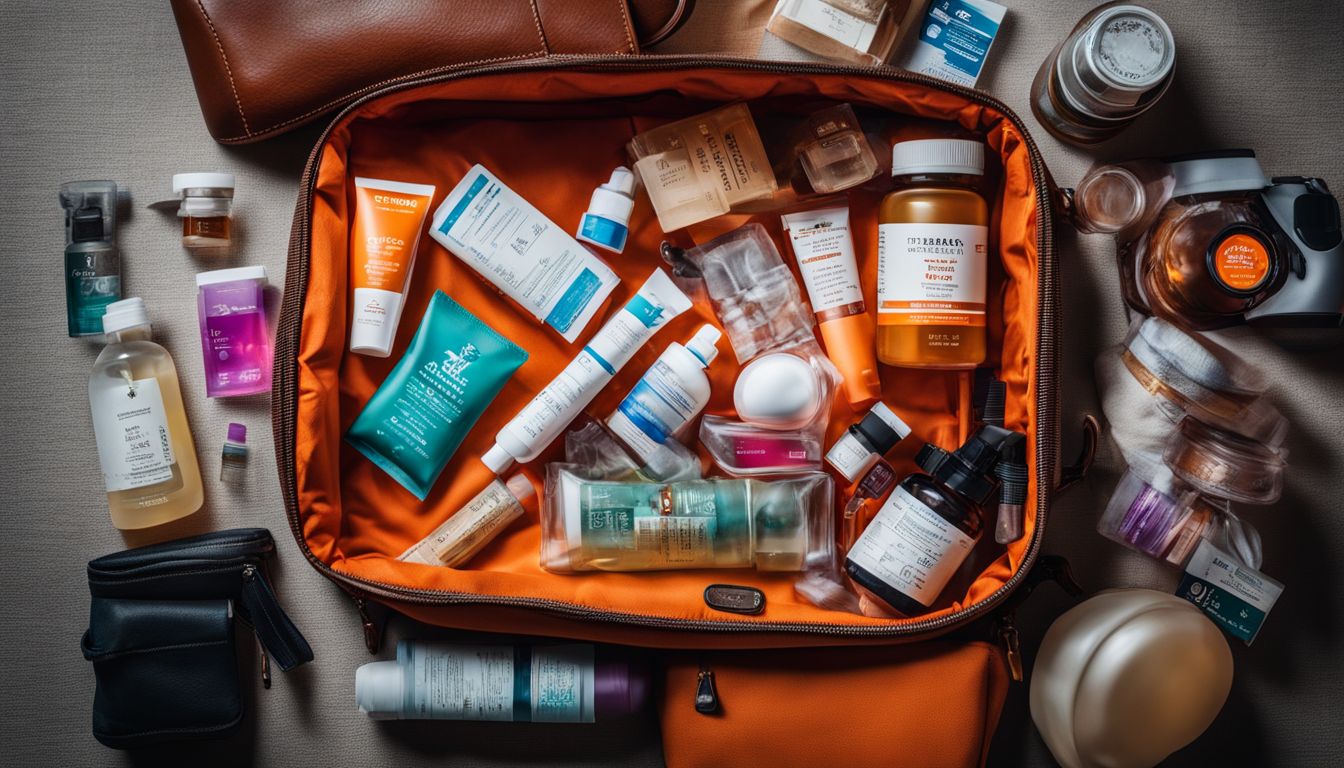
Make sure to get necessary vaccinations before traveling to Vietnam.
Get necessary vaccinations

Before your trip to Vietnam, it’s important to make sure you have received the necessary vaccinations. Here are some key vaccinations to consider:
- MMR (measles-mumps-rubella) vaccine for infants aged 6 to 11 months.
- Japanese encephalitis (JE) and rabies vaccines are recommended for travelers going to Hanoi or Ho Chi Minh City.
- Hepatitis A, Japanese encephalitis, meningitis, and rabies vaccines may be needed in certain cases.
- Hepatitis A and B vaccines are generally advised, along with standard vaccinations like tetanus.
- Yellow fever vaccination may be required in specific instances according to Vietnamese law.
Consider Peak Seasons
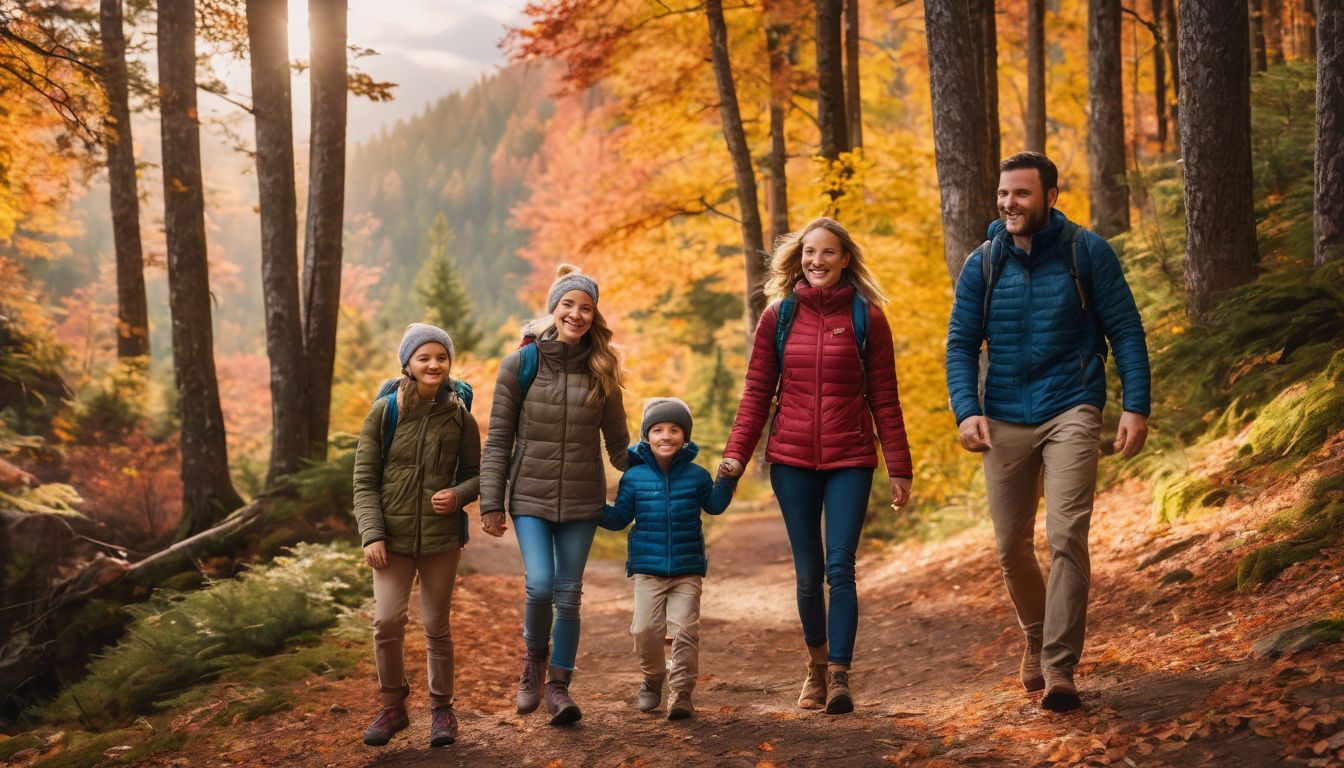
Plan ahead and book your trip during non-peak seasons to avoid crowds and higher prices.
Book ahead for holidays and Tet
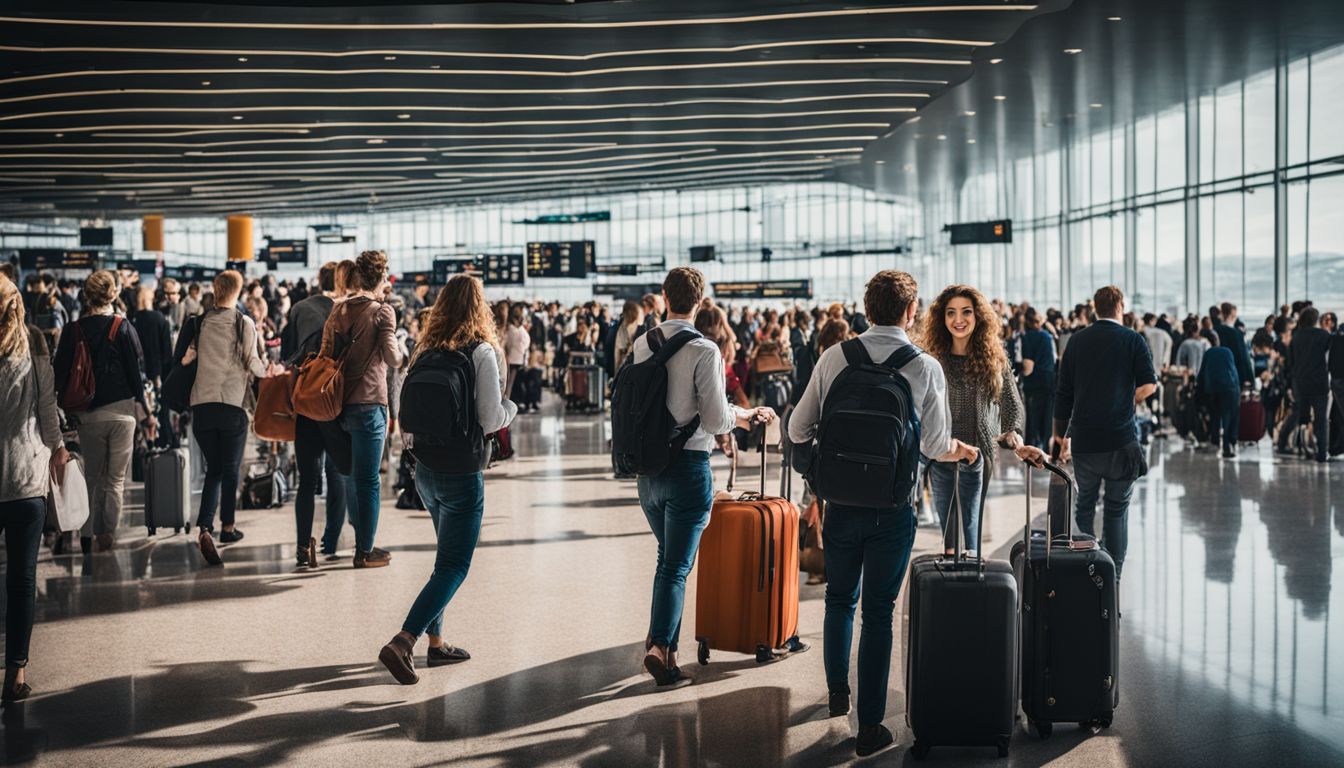
Booking ahead for holidays and Tet in Vietnam is crucial because it is the peak travel season. Many Vietnamese people take this time to visit their families or go on vacations, resulting in high demand for transportation options like flights, buses, and trains.
If you don’t book your tickets early enough, you might find that they are all sold out or have limited availability. It’s recommended to plan your trip in advance and book your tickets at least two weeks before Tet to ensure you can secure your preferred mode of transportation and avoid any last-minute hassles.
Transportation
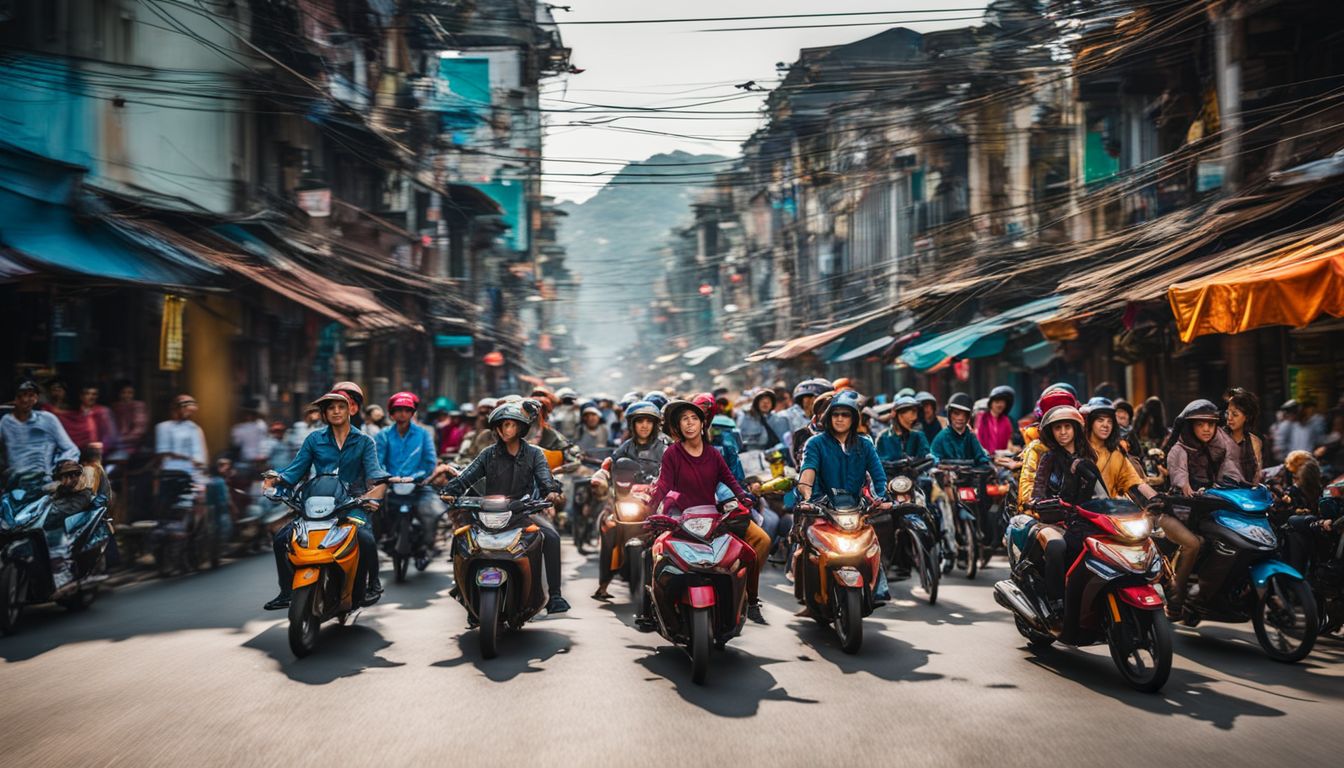
When traveling in Vietnam, it’s important to consider various transportation options such as sleeper buses or trains for long distances and be aware of the prevalence of motorbikes on the roads.
Use sleeper buses/trains

Sleeper buses and trains are popular among locals and tourists in Vietnam for long-distance travel. These convenient options are especially useful for journeys lasting 5+ hours between popular towns.
You can find nice sleeper buses throughout the country, offering comfortable and affordable travel experiences. Taking a sleeper train can also help you save money on accommodations, as their prices are comparable to flight prices.
So hop on a sleeper bus or train for an efficient mode of transportation that allows you to have comfortable journeys while exploring Vietnam’s beautiful cities and landscapes.
Factor in motorbikes
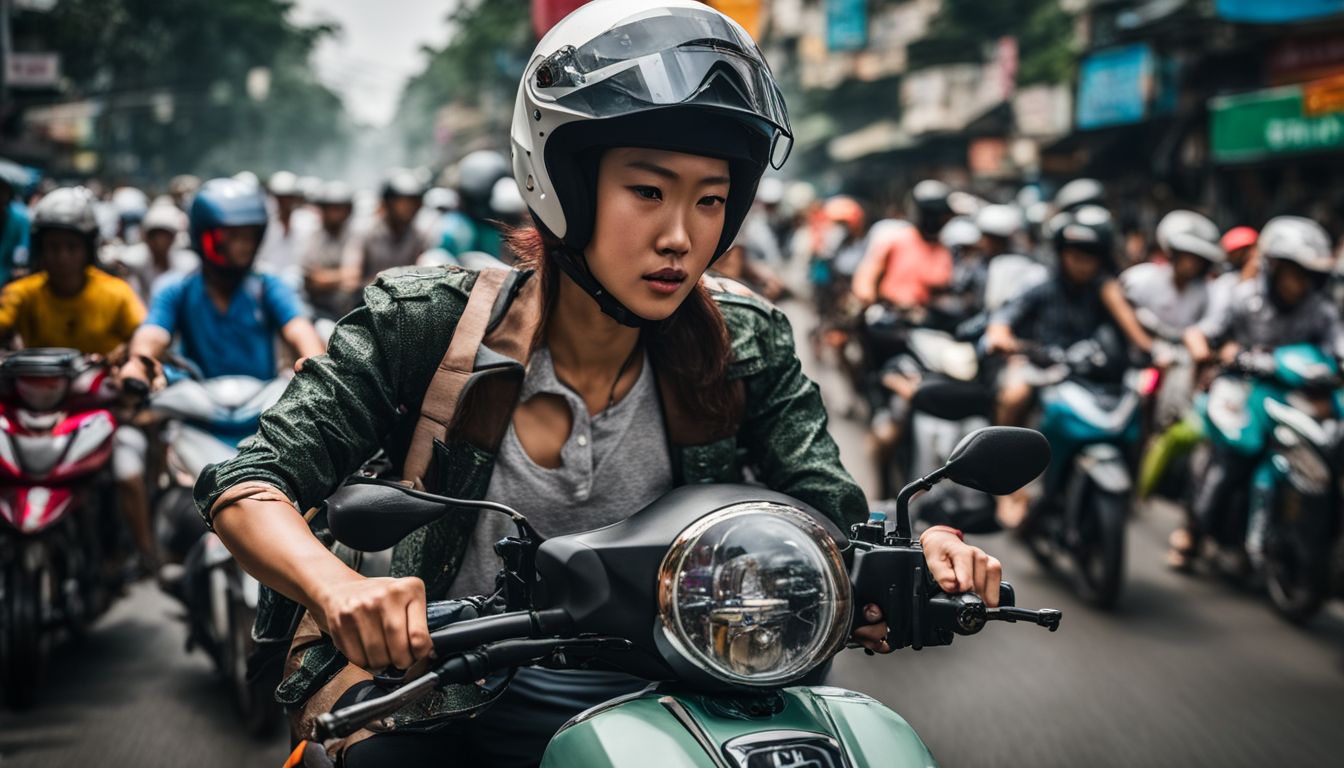
Motorbikes are a big part of everyday life in Vietnam. They are the most popular mode of transportation, and you’ll see lots of scooters, mopeds, and motorcycles on the roads. In fact, there were 24 million motorbikes in Vietnam back in 2009! With so many two-wheelers around, it’s important to be aware of them when planning your trip.
Traffic congestion can be an issue, especially in cities like Hanoi and Ho Chi Minh City. Road safety is also a concern since accidents involving motorbikes are quite common. To stay safe while commuting, make sure to wear a helmet (which is required by law) and consider using motorcycle taxis or booking rides through apps like Grab Taxi.
Download Grab Taxi app
In Vietnam, it’s a good idea to download the Grab Taxi app for convenient and affordable transportation. This popular mobile application allows you to book car services with just a few taps on your phone.
It’s a reliable alternative to hailing taxis on the street, especially in cities like Ho Chi Minh, Danang, and Hanoi. With Grab, you can avoid any uncertainty and have peace of mind knowing that you’ll have a secure ride wherever you need to go in Vietnam.
Cultural Etiquette
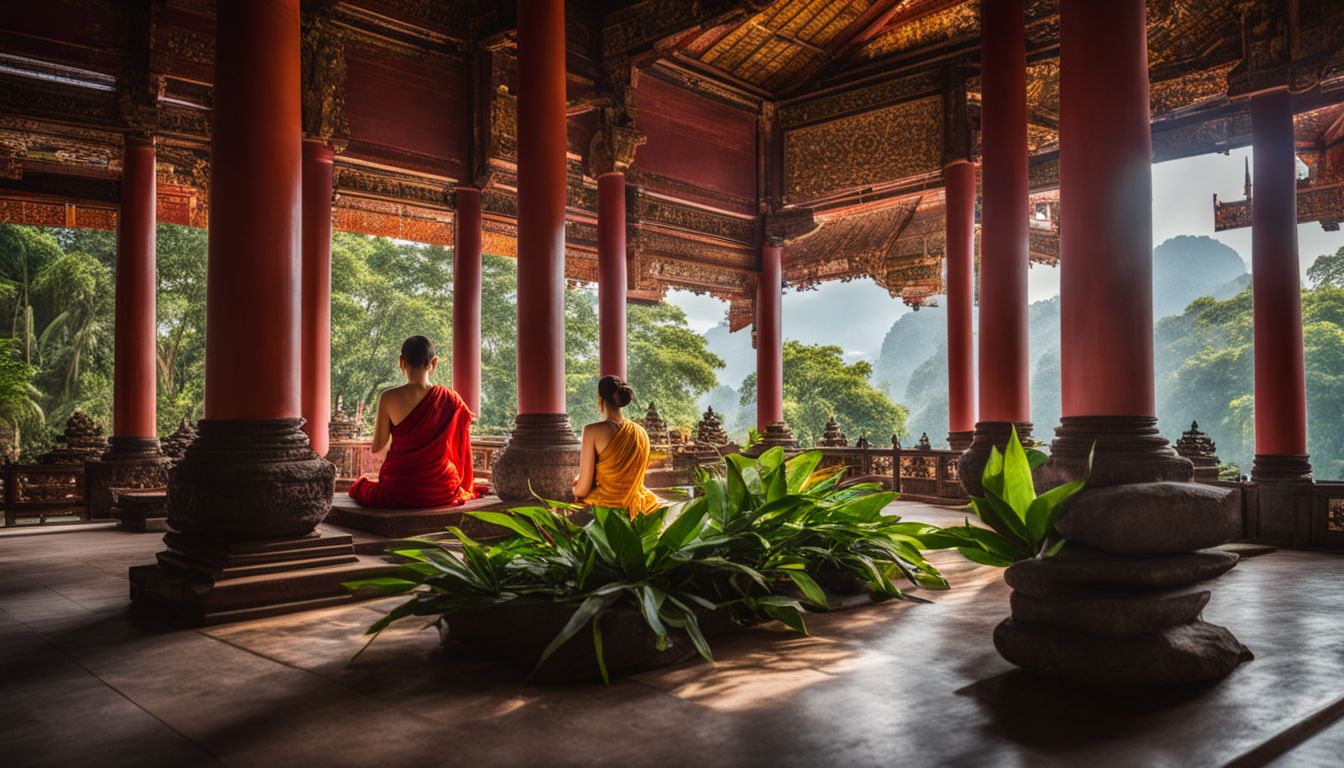
Respect local religious spaces, avoid displays of affection and be mindful when photographing. Discover more essential tips for navigating Vietnamese culture and customs on your trip!
Respect religious spaces
Vietnam is home to many sacred sites that hold great importance for Hindus and Buddhists. These places are not just places of worship, but also popular tourist attractions. When visiting these religious spaces, it is essential to be respectful and mindful of the cultural norms in Vietnam.
Remember to dress appropriately, remove your shoes when required, and avoid any behavior or actions that may be seen as disrespectful or impolite. By respecting these religious spaces and customs, you can have a more meaningful and enjoyable experience in Vietnam while showing appreciation for the country’s rich cultural heritage.
Avoid displays of affection
Public decorum is highly valued in Vietnam, so it’s important to avoid displays of affection in public. Vietnamese people are reserved and prefer modesty when it comes to physical contact.
Kissing or hugging in public may be seen as disrespectful or offensive. Instead, show respect and appreciation through verbal communication and non-physical gestures. By being mindful of cultural customs and social boundaries, you can ensure that your behavior is appropriate and respectful during your trip to Vietnam.
Be mindful of photographing
When visiting Vietnam, it is important to be mindful of photographing and follow the cultural etiquette. Vietnamese culture emphasizes respect for the land, sea, and individuals. Always ask permission before taking photographs as a sign of respect.
Public displays of affection are generally frowned upon in Vietnam, so it’s best to avoid capturing intimate moments in public spaces. When visiting religious sites, such as temples or pagodas, remember that they hold great significance to the Vietnamese people.
Practice responsible photography by being respectful and sensitive to the cultural norms when taking pictures in Vietnam.
Safety and Scams
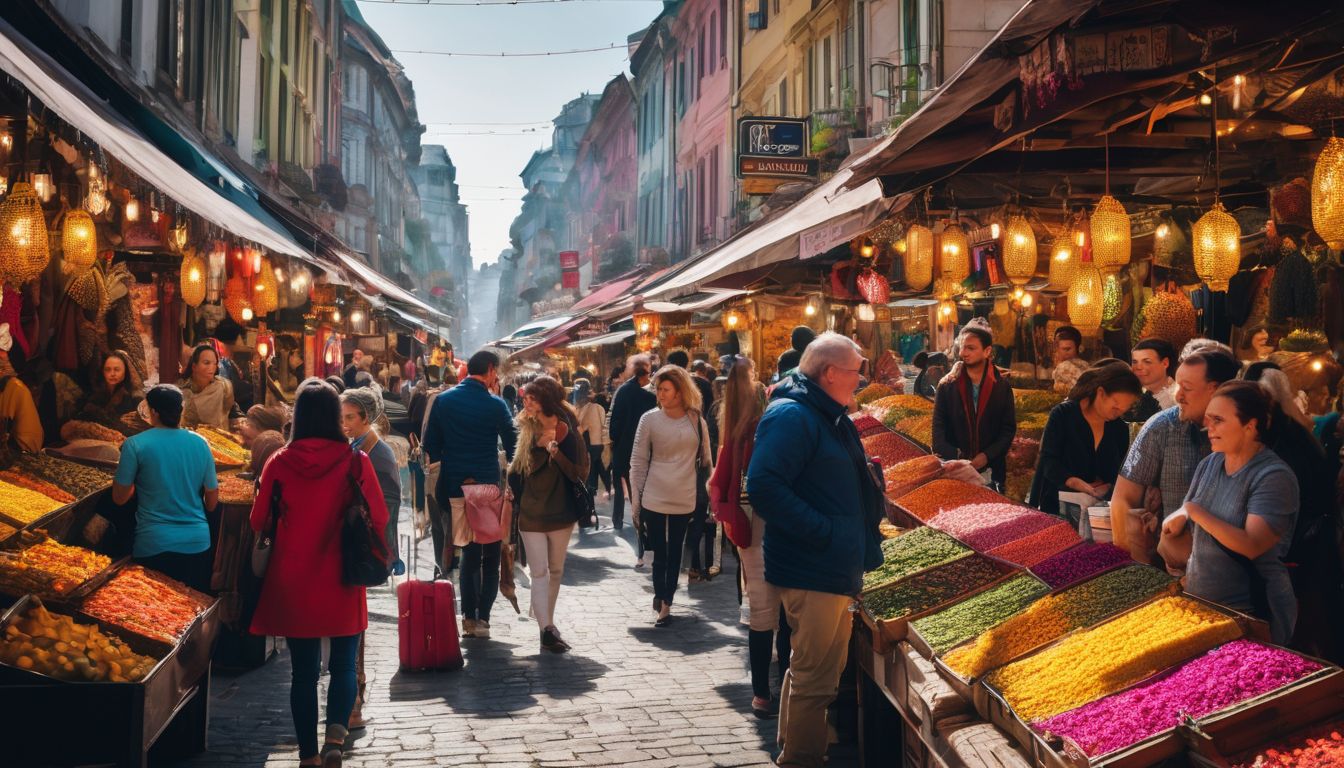
Be vigilant and aware of your surroundings to avoid falling victim to scams or touts, and remember to steer clear of the sex tourism industry and drug use.
Be aware of touts
Be careful when you visit Vietnam because there are some people who try to trick and cheat tourists. These people, known as touts, use scams and dishonest tactics to take advantage of unsuspecting travelers.
They might sell fake train tickets or overcharge you for services. To avoid being scammed, it’s important to be vigilant and not trust everyone you meet. Always double-check prices and pay with small denominations of money to avoid getting ripped off.
Being aware of these touts will help ensure a safer and more enjoyable trip in Vietnam.
Avoid sex tourism industry
Stay safe and protect yourself by avoiding the sex tourism industry in Vietnam. Engaging in prostitution, exploitation, or any illicit activities can put you at risk of danger and scams.
The sex tourism industry is often associated with criminal activity, including human trafficking and sexual exploitation. Be cautious and take precautions to ensure your safety and well-being while traveling in Vietnam.
Don’t engage in drug use
Drug use is strongly discouraged in Vietnam due to the severe legal penalties associated with it. The country has strict drug policies, with punishments that can range from imprisonment for several years to even the death penalty.
In fact, Vietnam has one of the highest rates of drug-related crimes in Southeast Asia. It’s important to remember that using illegal drugs, including marijuana, can lead to serious consequences in terms of both personal health and legal trouble.
Therefore, it is essential to prioritize your well-being and avoid any involvement with illicit substances while visiting Vietnam.
Practice responsible shopping
When shopping in Vietnam, it is important to practice responsible shopping to avoid falling victim to scams. There are some dishonest vendors who may try to overcharge tourists or sell counterfeit products.
To protect yourself, always be cautious and compare prices before making a purchase. Additionally, make sure to check the quality of the products you’re buying and be wary of any suspiciously low prices.
It’s also recommended to shop at reputable establishments and ask for recommendations from locals or fellow travelers. By practicing responsible shopping, you can have a more enjoyable and authentic experience while avoiding potential scams and disappointments during your trip in Vietnam.
Practical Tips
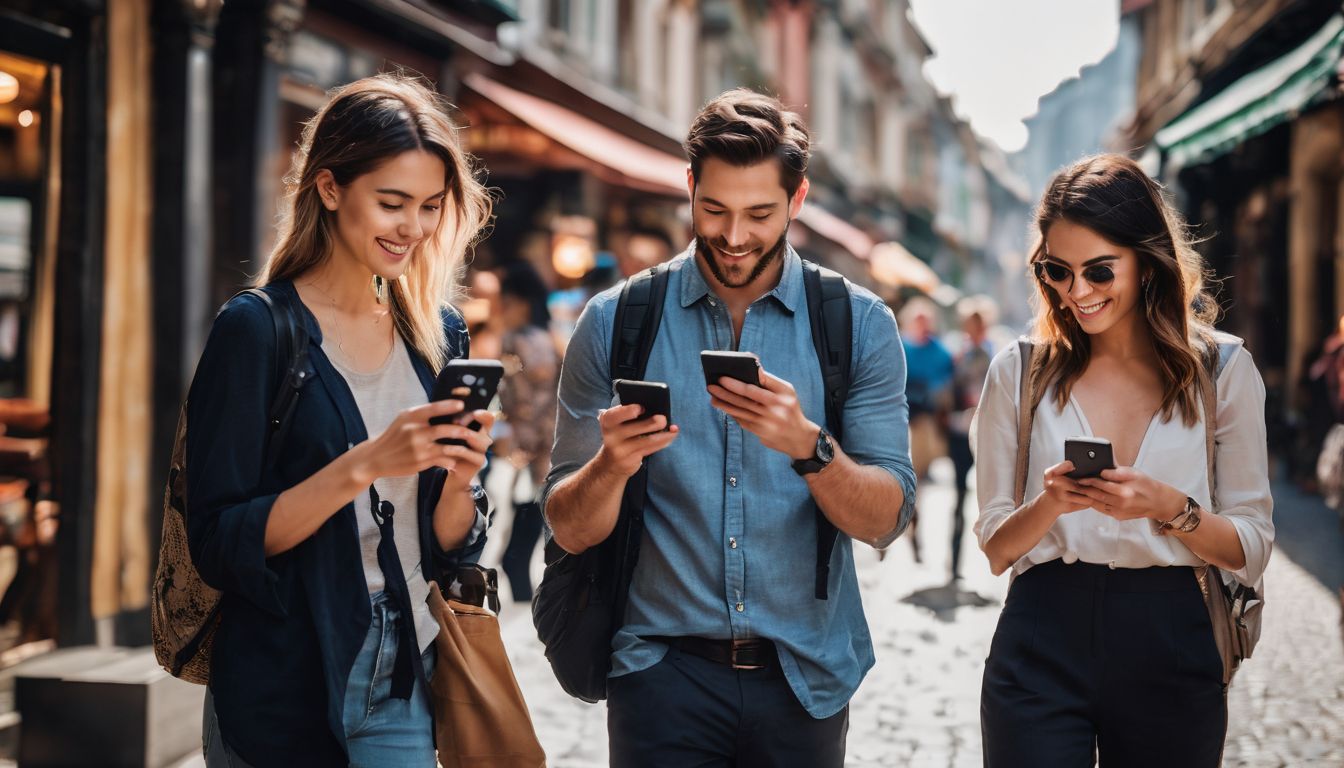
Learn some basic Vietnamese phrases, use WIFI when available, know how to cross the street, and be prepared for motorbike theft. Ready to uncover more essential tips? Keep reading!
Learn some basic Vietnamese phrases
Learning some basic Vietnamese phrases can greatly enhance your travel experience in Vietnam. While the Vietnamese language may be challenging for English speakers, focusing on core vocabulary and common expressions can make a big difference.
By knowing how to greet locals, ask for directions, and use polite phrases, you’ll be able to navigate through the country with ease and communicate effectively in everyday situations.
So take the time to learn a few key words and phrases before your trip – it will help you connect with the locals and make your journey even more enjoyable.
Use WIFI when available
In Vietnam, it’s important to take advantage of the accessible WiFi when it’s available. You’ll find that free WiFi is widely offered in public places such as hotels, restaurants, and cafes.
The country has a good infrastructure for internet connectivity, so you can expect reliable access in most areas. Whether you’re checking emails or researching your next destination, accessing the internet through WiFi hotspots will save you money on data charges.
Additionally, buying a pre-paid SIM card is another option for staying connected while traveling in Vietnam. So make sure to use WiFi whenever possible to stay connected and make the most out of your trip!
Know how to cross the street
In Vietnam, crossing the street can be quite challenging due to the chaotic traffic. To ensure your safety, it is important to know how to cross the street properly. One of the best strategies is to maintain a slow and steady pace when crossing.
By doing so, you make yourself predictable and easier for drivers to anticipate your movements. It’s also recommended to make eye contact with drivers before stepping onto the road, as this signals that you intend to cross and allows them time to slow down or stop.
If possible, use pedestrian bridges or crosswalks for added safety. Remember, being aware of your surroundings and following these simple techniques can greatly reduce the risk of accidents while crossing the street in Vietnam.
Be prepared for motorbike theft
Motorbike theft is a big problem in Vietnam, so it’s important to be prepared. Take security precautions, like using a sturdy lock and parking in well-lit areas. Don’t leave anything unattended on your motorbike, because even if it’s secured, it can still get stolen.
Be cautious of passing motorbikes, as they may try to snatch valuables from unsuspecting people. And if you’re buying a motorbike in Vietnam, make sure to check the numbers to ensure that it hasn’t been stolen before.
Stay vigilant and take steps to protect your belongings while traveling in Vietnam.
Conclusion
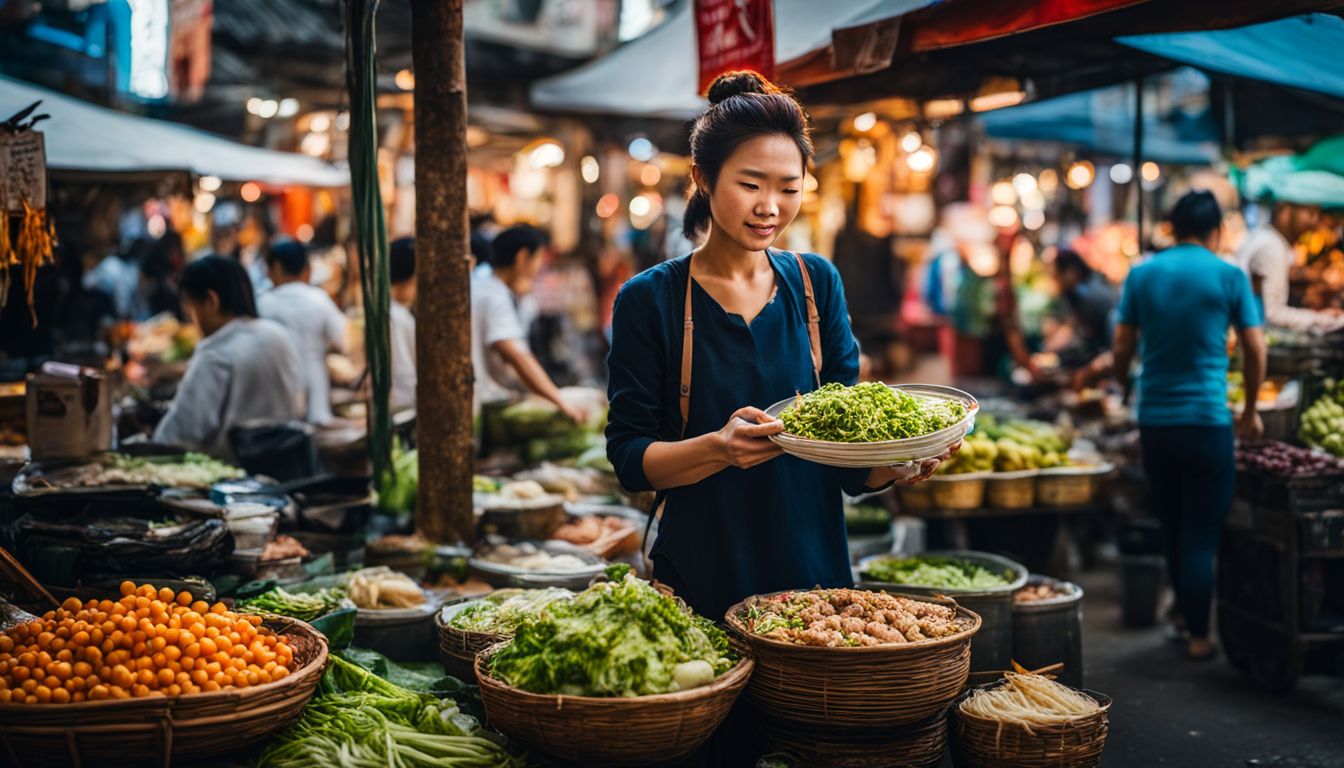
So there you have it – these are the 10 essential things to know about Vietnam before your trip. Remember to pack for the weather, be prepared for rain, and get your necessary vaccinations.
Make sure to plan ahead for peak seasons and understand the visa requirements. Be respectful of the culture and customs, stay safe from scams, and learn some basic Vietnamese phrases.
Lastly, be aware that not everyone speaks English in Vietnam. Now you’re ready to go!
FAQs
1. Do I need a visa to visit Vietnam?
Yes, most visitors to Vietnam need a visa to enter the country. You can apply for a visa online or at the Vietnamese embassy or consulate in your home country.
2. What is the best time of year to visit Vietnam?
The best time to visit Vietnam is during the dry season, which typically runs from November to April. This period offers pleasant weather and fewer chances of rain.
3. Is it safe to drink tap water in Vietnam?
No, it is not safe to drink tap water in Vietnam. It’s recommended that you drink bottled water or boiled/filtered water instead to avoid any potential health risks.
4. Are there any travel vaccinations required before visiting Vietnam?
While no specific vaccine is required for entry into Vietnam, it is recommended that you are up-to-date on routine vaccines such as measles-mumps-rubella (MMR), diphtheria-tetanus-pertussis, and influenza.
5. What currency should I bring to Vietnam?
The official currency of Vietnam is the Vietnamese Dong (VND). It’s advisable to exchange your currency for VND upon arrival in order to facilitate transactions within the country easily.
